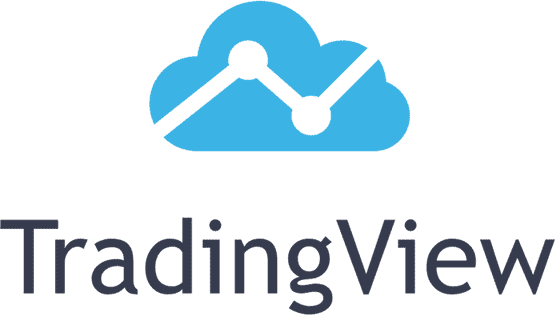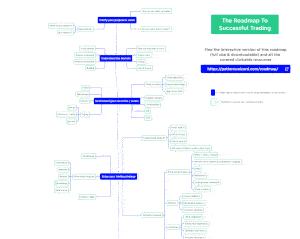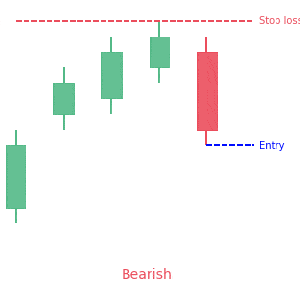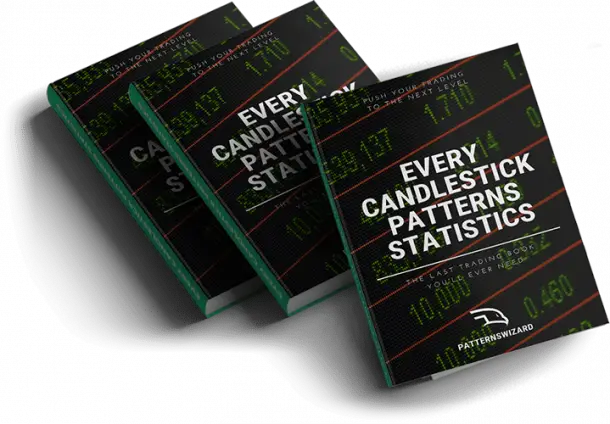Forced share recall is a very key concept for short-sellers. If you are a short-seller, you may have to face a situation where your broker may ask you to return borrowed stock. Although this isn’t a common situation and only arises from time to time, it is important to know about it.
Given the importance of forced share recall, we are going to explain it in this article. Therefore, read this article carefully to grasp what is forced share recall and what are its impacts on short-sellers.
Forced share recall refers to a situation where your broker demands you to return borrowed stocks. This is a very rare scenario in stock trading that you may have to face very rarely.
Explanation
As you already know, short-sellers borrow stocks from a broker to open a position. They subsequently sell borrowed stocks at high prices and hope to buy them back when the stock price dips. They buy back stocks at lower prices and return stocks to their broker.
However, in some rare cases, a broker may require short-sellers to return borrowed stock early. They issue a share recall to ask short-sellers to return stock. Although it depends on the agreement between both parties, the owner may demand shares at any time in some cases. Therefore, forced share recall is one of the major risks short-sellers may have to face.
Moreover, it is important to understand what may happen to short-sellers after a forced shared recall. As you know, short-sellers wait for stock prices to go down and close their positions. However, in case of share recall, they are forced to close their positions early. In this situation, they may have to face significant losses.
A share recall is a simple process that involves the following steps.
- Your broker issues a share recall
- You are notified by your broker
- You are forced to buy back stocks and close your short position early
- You have to return borrowed stock to your lender
What are the impacts?
A forced share recall is a risky situation for short-sellers. Brokers or lenders allow short-sellers to borrow stock of a company if they own a lot of shares. However, if someone keeps buying shorted shares, the stock price will not decline. Instead, it will rise and short-sellers may find themselves trapped in a short squeeze. The KaloBios short squeeze is a very good example to understand the impacts of a share recall.
Martin Shkreli owned a significant portion of the stocks of KaloBios. He purposefully allowed short-sellers to borrow stocks. However, when short-sellers had heavily shorted KaloBios stocks, he issued a share recall. That means short-sellers were forced to close their positions in a rush. That pushed prices higher and Shkreli made millions through his shrewd approach. So, we can conclude that brokers or lenders may trap short-sellers by issuing a share recall.
On the flip side, a share recall has a positive impact on the share price of a company. As you know, when a huge number of shares of a company are shorted by short-sellers, they have to buy them back to close their positions. When lenders of these shares issue a recall, short-sellers hurriedly buy back shares to return to their rightful owners. This pushes stock prices higher and that’s why short-sellers have to face significant losses.
The wrap-up
A broker or lender of shares may issue a forced share recall to short-sellers to return borrowed stock. It forces short-sellers to buy back shares hurriedly to close their positions and minimize losses. Therefore, high demand for a stock pushes its price really high. That being said, if you are a short-seller, you just need to keep in mind the risks associated with short-selling including forced share recall.
 Good Trading requires the Best Charting Tool!
Good Trading requires the Best Charting Tool!

 We loved Marwood Research’s course “Candlestick Analysis For Professional Traders“. Do you want to follow a great video course and deep dive into 26 candlestick patterns (and compare their success rates)? Then make sure to check this course!
We loved Marwood Research’s course “Candlestick Analysis For Professional Traders“. Do you want to follow a great video course and deep dive into 26 candlestick patterns (and compare their success rates)? Then make sure to check this course!